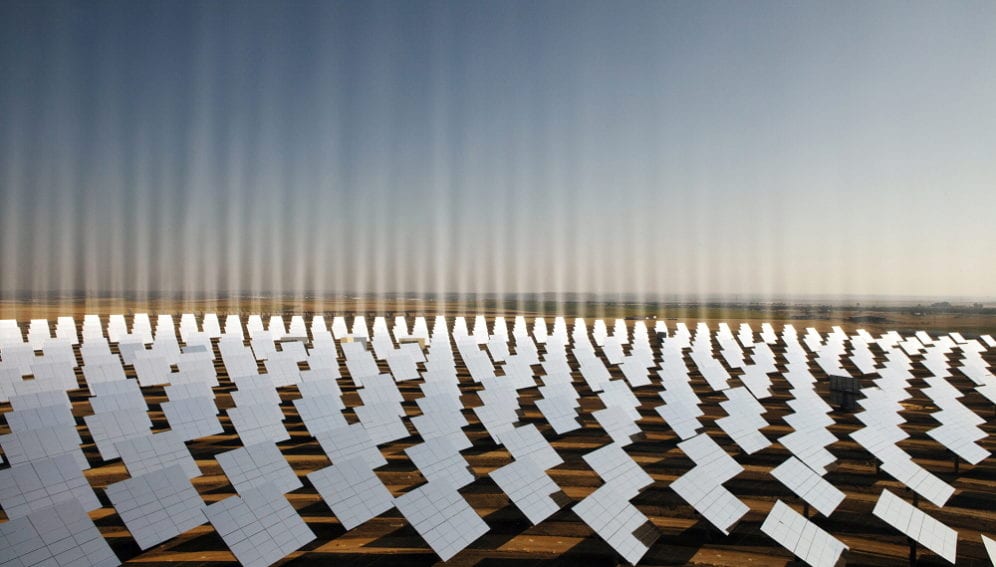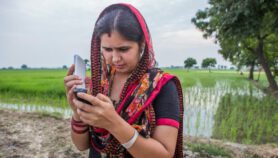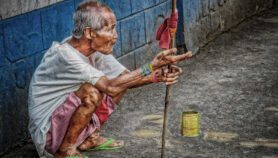Send to a friend
The details you provide on this page will not be used to send unsolicited email, and will not be sold to a 3rd party. See privacy policy.
Saudi Arabia is launching an online atlas of renewable resources as part of a wider project to identify the potential renewable energy sources and where best to deploy technology to tap into those resources.
The atlas data will be available in late 2013, published online through the Renewable Resource Monitoring and Mapping programme.
The King Abdullah City for Atomic and Renewable Energy (KACARE), which is managing the project, is in the process of establishing more than 70 meteorological stations and centres nationwide to collect data on renewable energy potential, according to an official press release.
“"The project will open the door for Saudi Arabia to do more research and try to localize the technology and make it more adapted to their environment.”
Omneya Sabry
Saudi King Abdullah set up KACARE in 2010 to develop alternative energy sources so the country will not need to burn millions of barrels of oil a year on power generation.
The atlas is part of the government's plans to develop renewable energy programmes that will produce 54,000 megawatts of electricity by 2032, and to save their oil for export.
"The installation of the meteorological stations is fast and essential for such a project as they provide essential data, for example, about the intensity of sun and wind, as well as dust levels and waste-to-energy data for decision makers," Amr Mohsen, founder and CEO of Lotus Solar Technologies, tells SciDev.Net.
He believes that this project reflects the Saudi government's strong commitment to reduce fossil fuel consumption and invest significantly in alternative energy. "The Saudi government had announced before that they are planning to be one of the clean electricity exporters".
He adds that the data produced by the Atlas project will pave the way for developing policies and legislation that support achieving their new renewable energy targets.
The Atlas will be a guiding database for the country's renewable energy sources, to help both government and investors in making decisions such as choosing between different locations to install a project depending on the collected data.
Omneya Sabry, vice chairman for technical affairs with the New and Renewable Energy Authority in Egypt welcomes this step, comparing it to the wind atlas for Egypt that was published in 2005.
"Creating an atlas for renewable resources helps to provide reliable and accurate data sets for evaluating the potential for renewable power output and to decide the most efficient type of technology to be used," Sabry says.
For example, she adds, whether the country chooses to invest in expensive solar panels or cheap wind turbines it will need data.
"The project will open the door for Saudi Arabia to do more research and try to localize the technology and make it more adapted to their environment, for example: by developing an anti-dust solar panels that function well in the desert," she says.
The network of 70 monitoring stations and the Atlas are expected not only to be used for planning the deployment of renewable resources, but also for the co-ordination of research among relevant agencies throughout the Kingdom and region.
This article has been produced by SciDev.Net's Middle East & North Africa desk.














